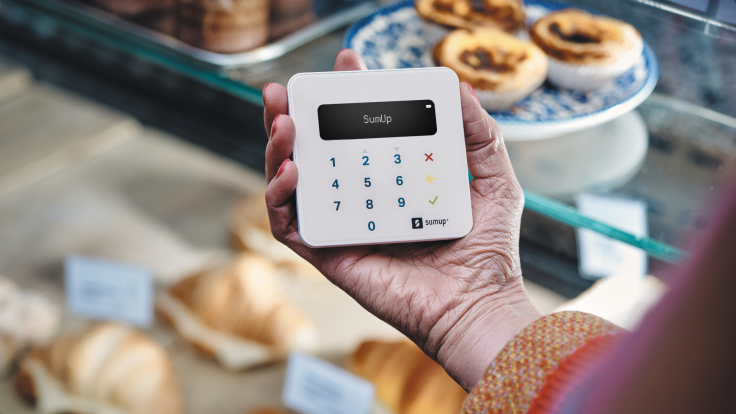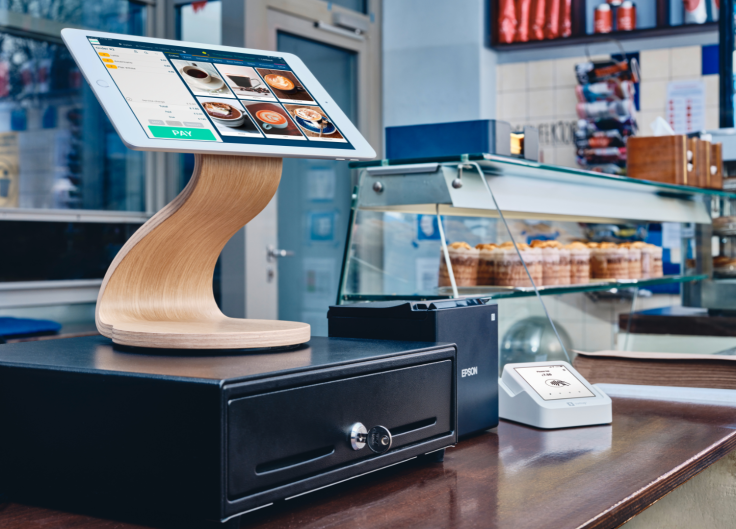The Complete Guide To Starting A Hotel Business In the UK
Data shows that there will be 38.7 million inbound visitors and £32.5 billion in spending in 2024

Starting your own hotel business in the UK can be rewarding, combining hospitality with entrepreneurial spirit.
The UK's thriving tourism industry, driven by domestic and international visitors, offers a lucrative market for small hotel businesses. Data from VisitBritain's prediction notes that there will be 38.7 million inbound visitors and £32.5 billion in spending in 2024, 95% and 114% of the levels in 2019.
Whether your vision is a chic boutique hotel in a bustling city or a charming countryside inn, the key to success lies in understanding the local market and carving a niche.
Delving into the area's visitor demographics, seasonal trends, and regional competition will equip you with the knowledge to shape your business model and tailor your services to meet the preferences of your potential guests.
Small hotels often thrive by offering personalised experiences and top-notch service, making the establishment of a strong brand identity a crucial step.
Conduct Market Research
Before anything else:
- Conduct thorough market research to understand the dynamics of the hotel industry in the UK.
- Study existing hotels in your area, their customer base, and the services they offer.
- Consider the type of guests you want to attract—business travellers, tourists, or local visitors—and identify gaps in the market.
For instance, there may be a demand for boutique hotels with unique, personalised experiences in major cities or for small inns near popular tourist destinations.
It is worth noting that recent data from PwC notes that the demand for hotel rooms in the UK is predicted to stop growing in 2024, with the consequences likely to be felt equally in London and the surrounding areas. This could mean increased competition for existing hotels and a need for innovative marketing strategies to attract guests.
While record levels of hotel development are being driven by sustained optimism about the strength of business travel and staycations in the UK, it is anticipated that this will be matched by declining demand.
This can be attributed to consumers' curb budgets, so this is something that first-time hotel business owners should note.
Choose Your Hotel Location
Location is one of the most critical factors when starting a hotel. It determines your potential customer base and the experience you'll offer.
For example, a hotel in London will cater to a different demographic than one in a coastal town. Choosing the right location also involves considering:
- Property costs.
- Proximity to attractions or transport hubs.
- Competition from other hotels.
From Planning to Financing
First, you must outline your hotel's unique selling proposition (USP), whether it's luxury amenities, eco-friendly operations, or a focus on local culture. Include:
- Occupancy.
- Average nightly rates.
- Revenue projections (to demonstrate how your business will become profitable).
Include an operations plan covering:
- Day-to-day management.
- Staffing.
- Marketing strategies.
On the financing side, this one requires significant capital investment – and you need to be prepared with the amount of money you will allot for this venture.
The cost will depend on whether you're buying an existing property, building a new hotel, or renovating an older one.
In addition to purchasing or leasing property, you will need funds for interior design, furnishings, technology (booking systems, security), and staffing.
When it comes to financing your hotel business in the UK, a comprehensive financial plan is your best ally.
Whether you opt for traditional bank loans, private investors, or government grants, or explore specialist hotel financing options, a well-structured plan with cost estimates and projected returns will significantly enhance your chances of securing the necessary capital.
Streamline Payments For Guests

Setting up efficient payment systems for your hotel business is crucial to ensuring smooth transactions and a positive guest experience. With most guests preferring cashless payments, investing in reliable card readers and a robust POS system (Point of Sale) is essential.
A POS system allows you to manage multiple transactions across various departments, such as room bookings, restaurant orders, and spa services, all from one platform.
Integrating the POS system with your hotel's property management software lets you streamline billing processes and track sales in real-time.
When choosing card readers, consider options that accept various payment methods, including chip-and-PIN, contactless, and mobile payments. Devices like card machines are compact, user-friendly, and ideal for small hotel businesses.
Offering flexibility for taking payments at the reception desk, in-room, or on the go for additional services, such as poolside orders or event catering.
Additionally, ensure your payment systems are secure and PCI-compliant, safeguarding your guests' financial data.
PCI compliance is a set of security standards designed to ensure that all companies that accept, process, store or transmit credit card information maintain a secure environment.
Many modern POS systems come equipped with built-in security features like encryption and fraud detection, offering you and your customers peace of mind.
Whether handling payments online or in-person, having a seamless and secure payment system will enhance the overall guest experience and boost your hotel's operational efficiency.
Establish Hotel Branding
Design and branding are critical aspects of your hotel's identity. Whether opening a small bed-and-breakfast or a modern small boutique hotel, your decor, amenities, and overall vibe should reflect your brand and appeal to your target audience.
You'll need to consider everything from the exterior look to room layouts, furniture, colour schemes, and branding elements like logos and signage.
If your hotel has a specific theme or USP, incorporate that into the design to create a distinctive guest experience.
Modern travellers seek memorable, immersive experiences; your hotel's atmosphere should leave a lasting impression on your guests.
Focus on Marketing
In terms of marketing, building an online presence is essential for attracting guests to your hotel.
Develop a user-friendly, visually appealing website that showcases your rooms, amenities, and location. Implement an online booking system and make sure your hotel is listed on significant booking platforms like Booking.com, Expedia, and Airbnb.
Effective marketing strategies include search engine optimisation (SEO), social media marketing, and guest reviews.
Encourage satisfied guests to leave positive reviews on platforms like TripAdvisor and Google, as these are often the first things potential guests check when deciding where to stay.
© Copyright IBTimes 2025. All rights reserved.





















